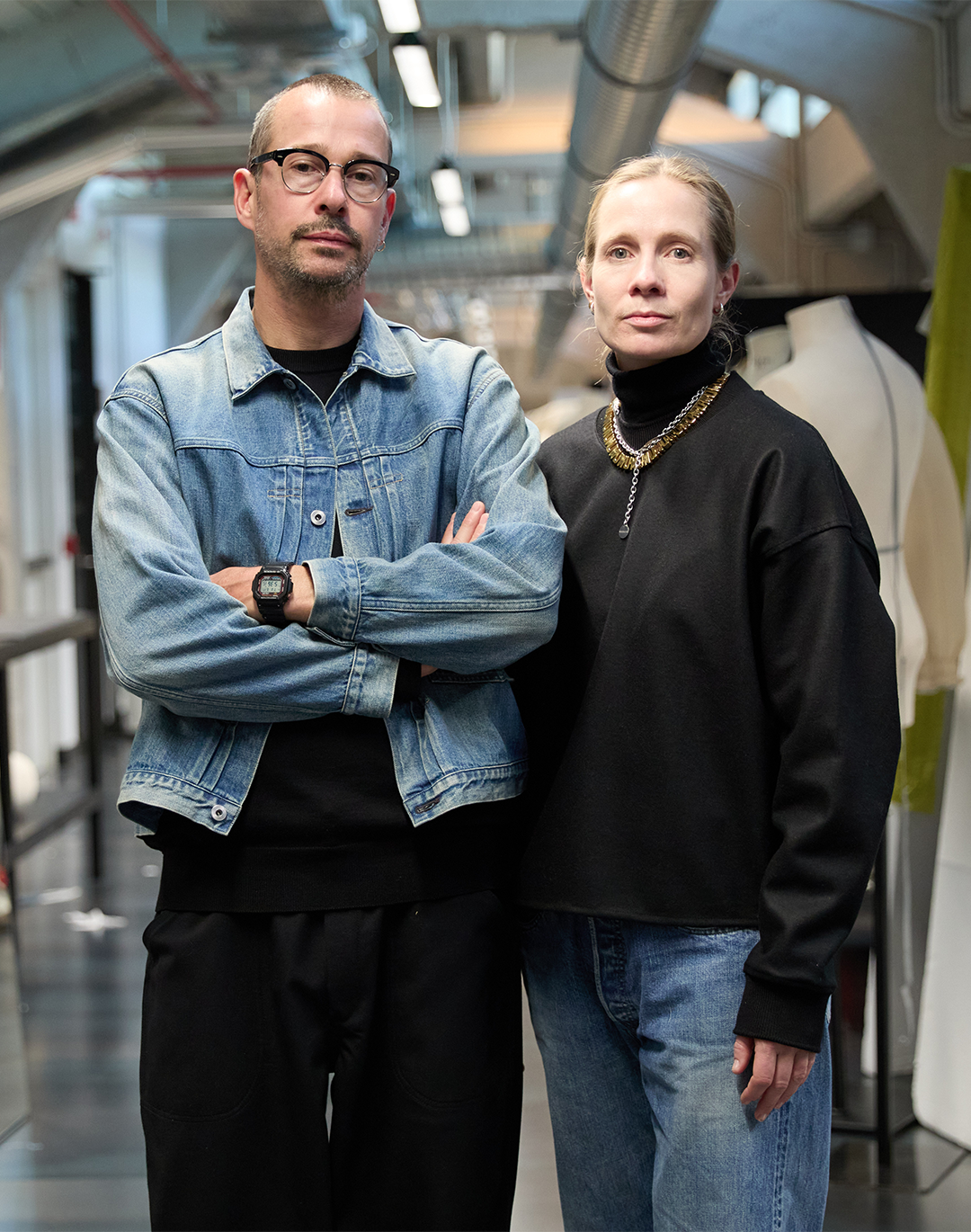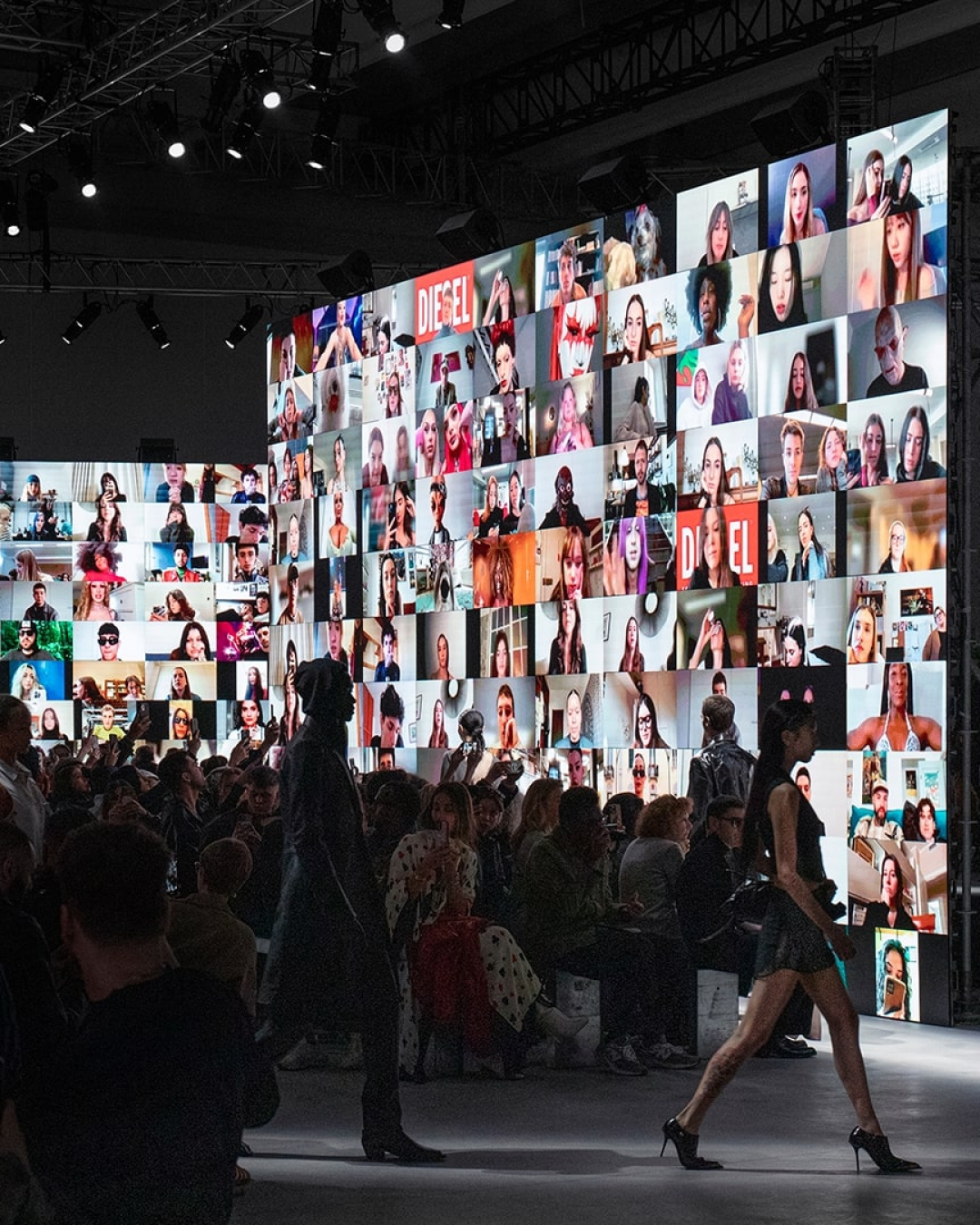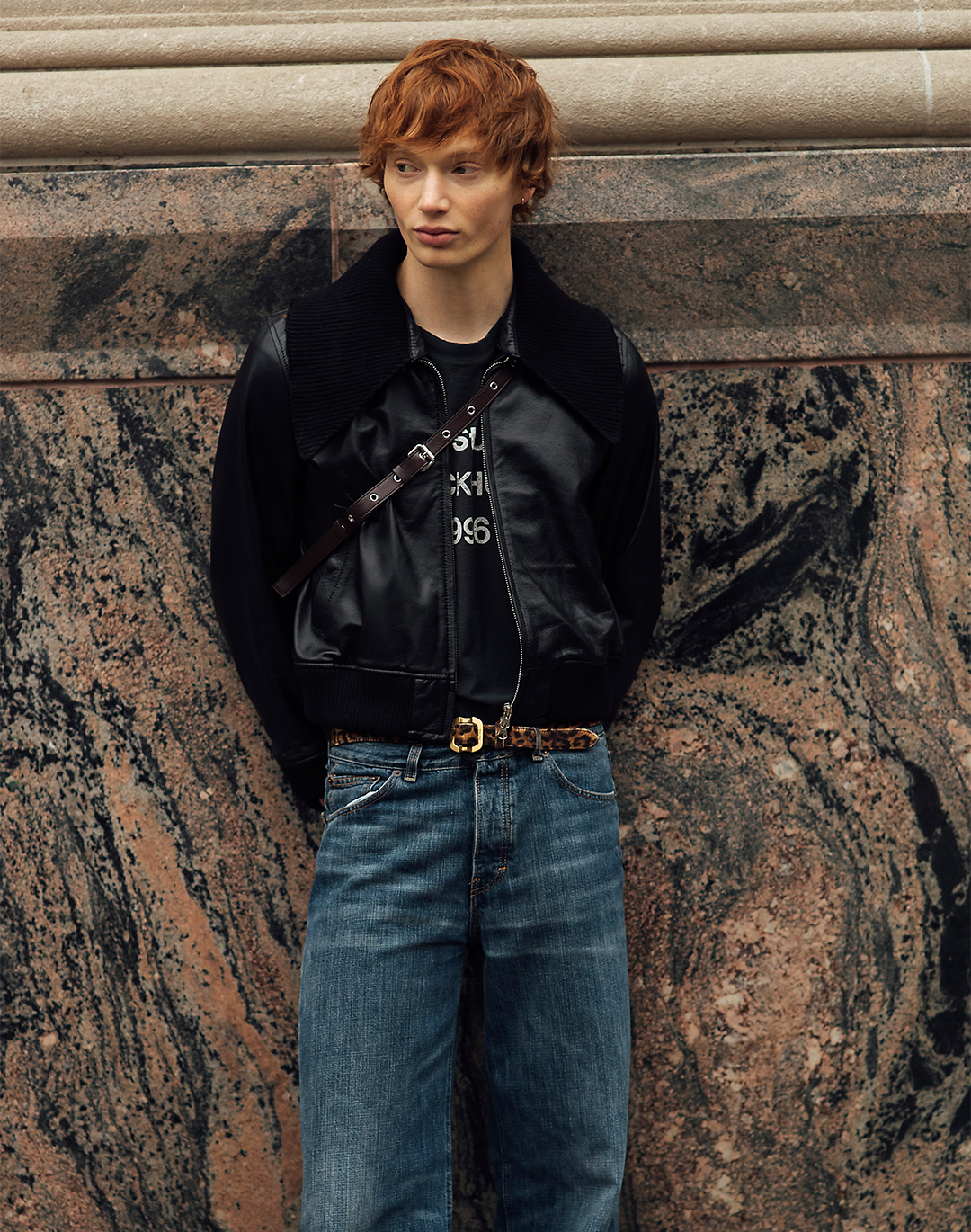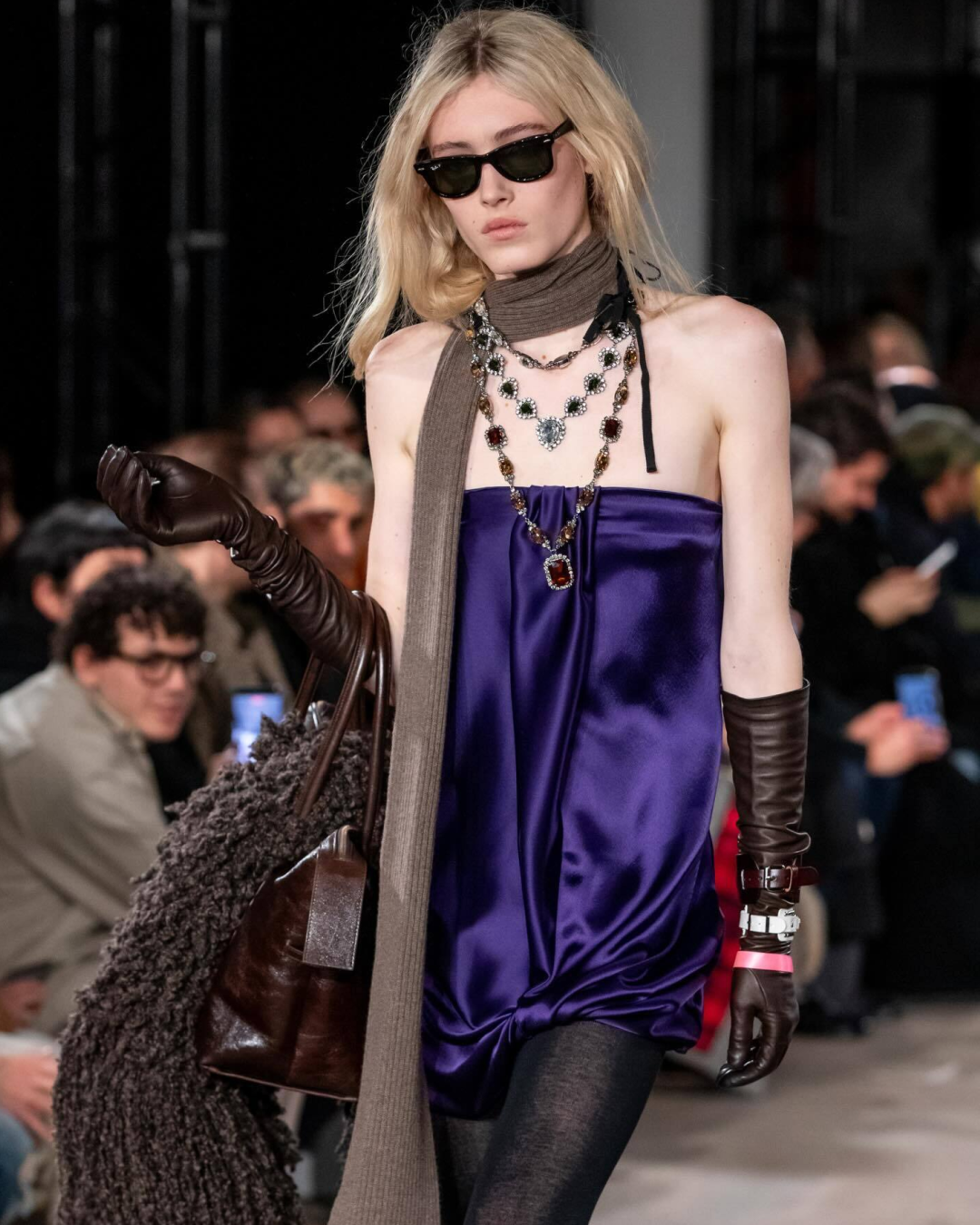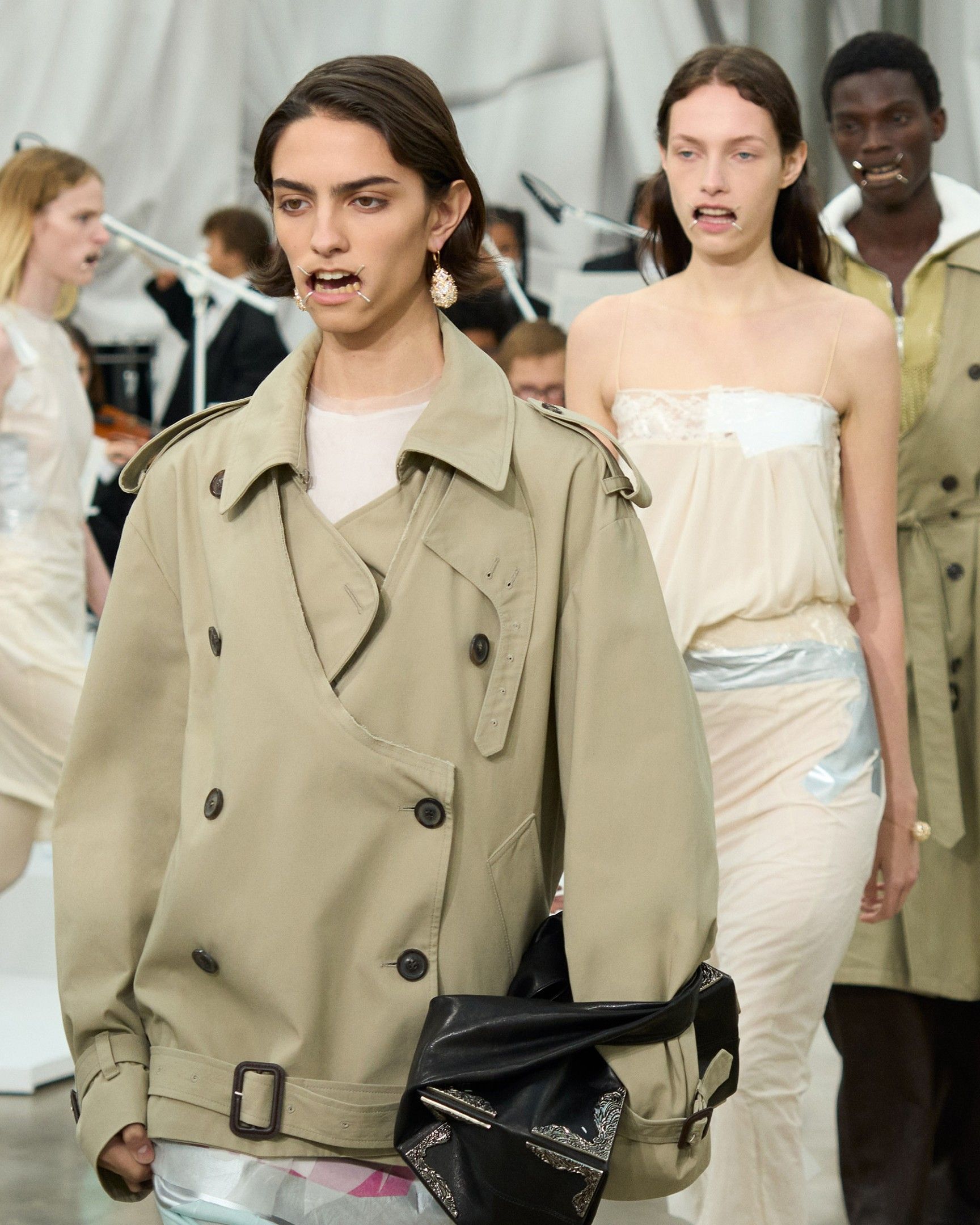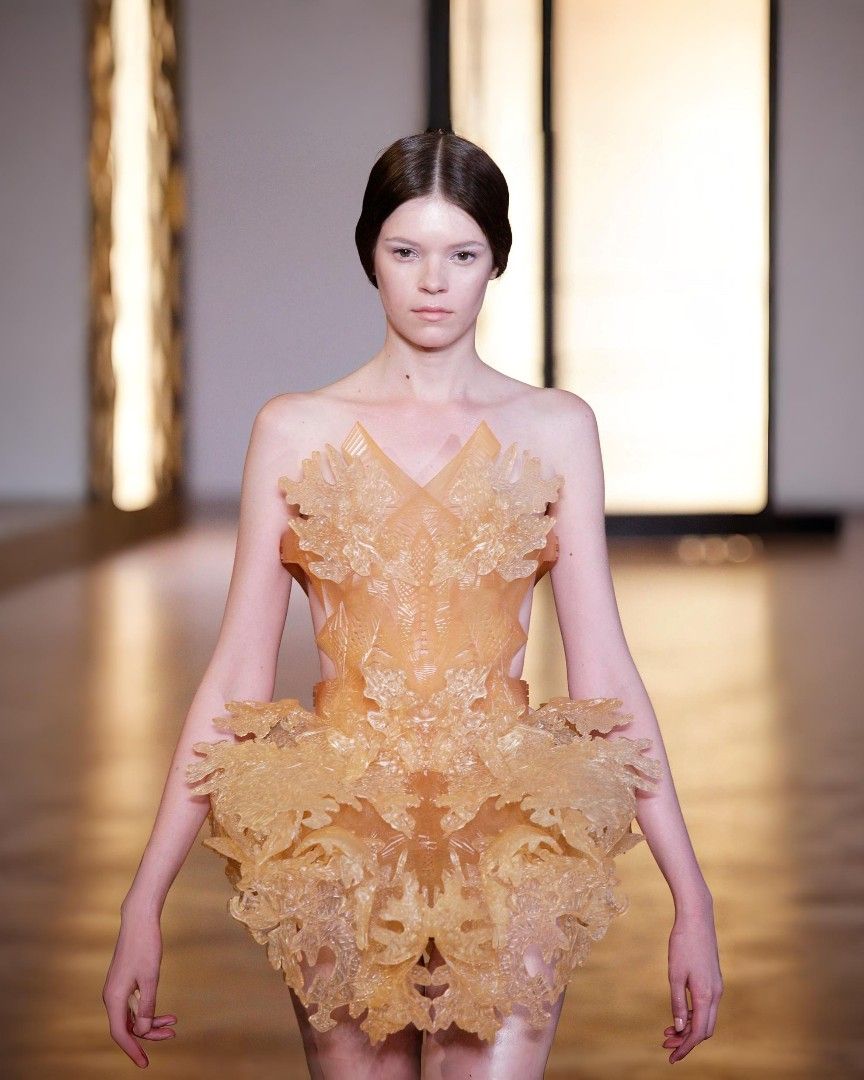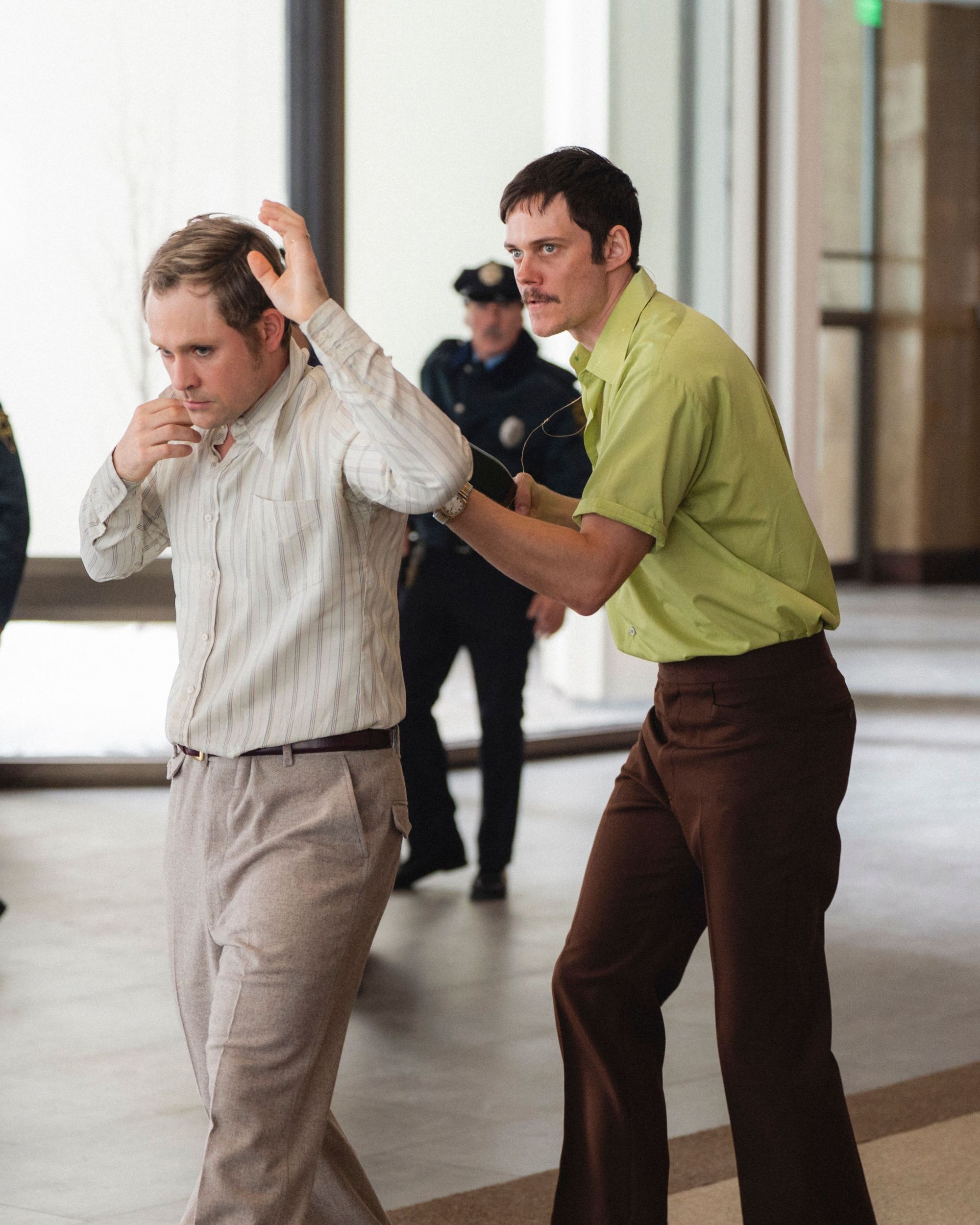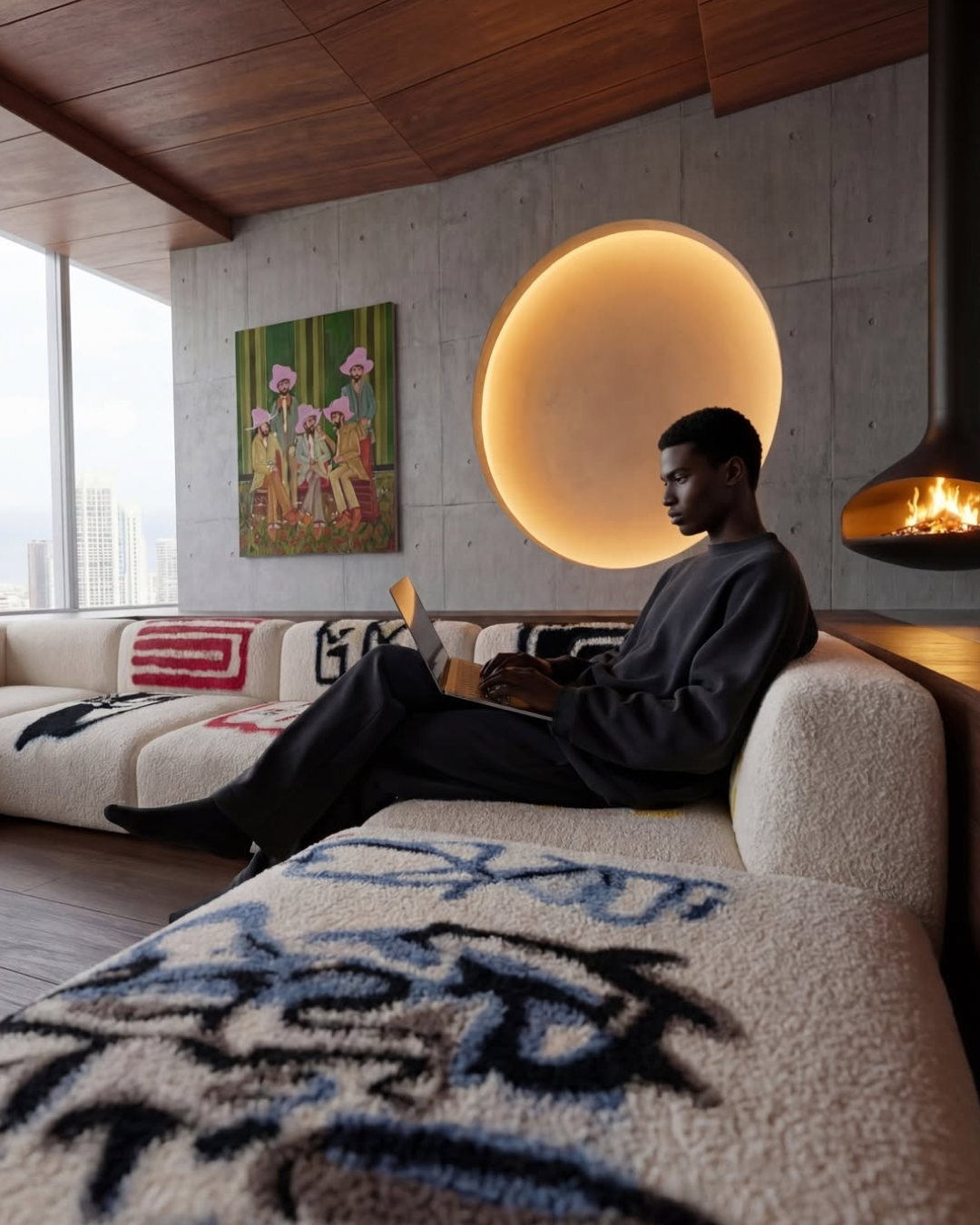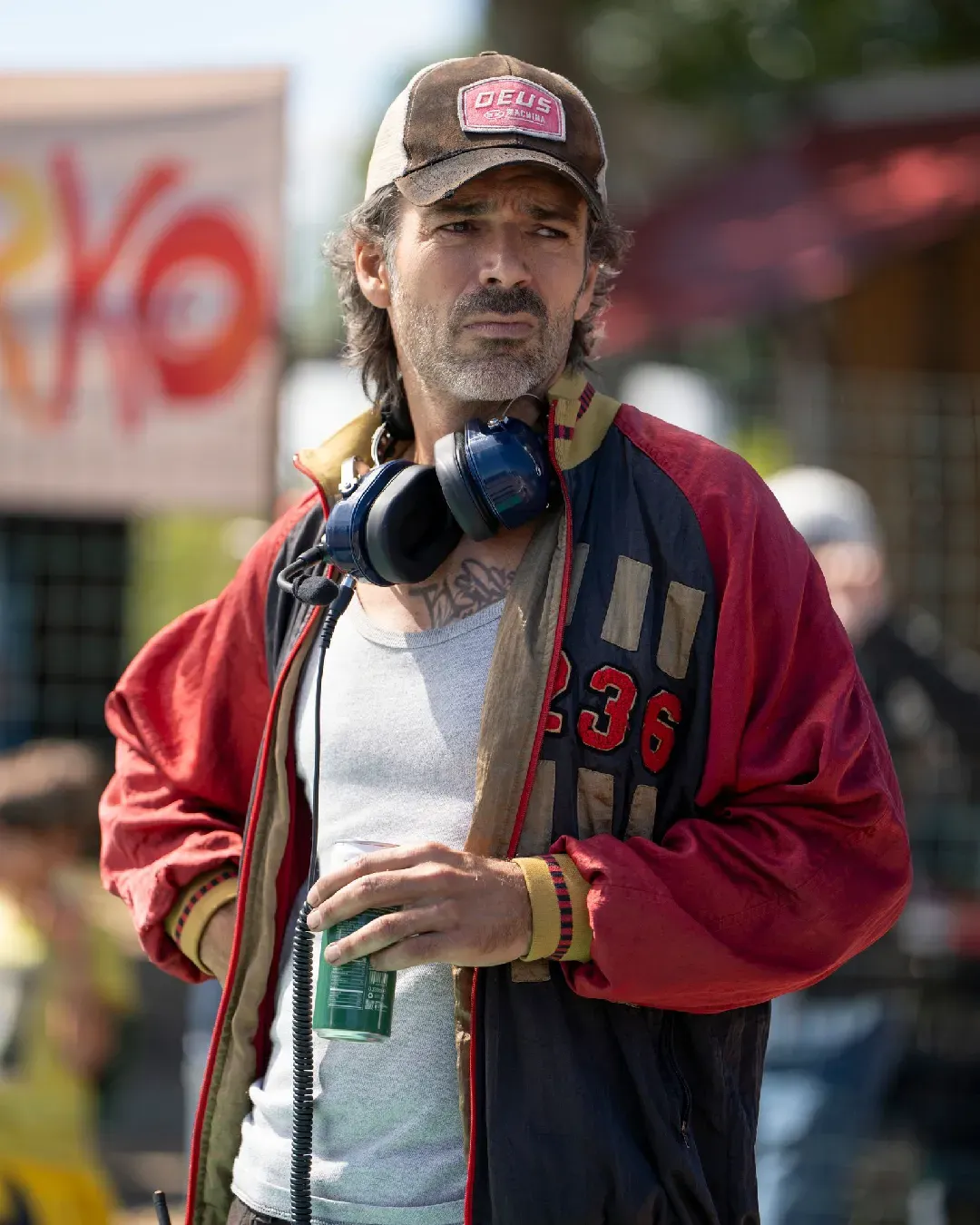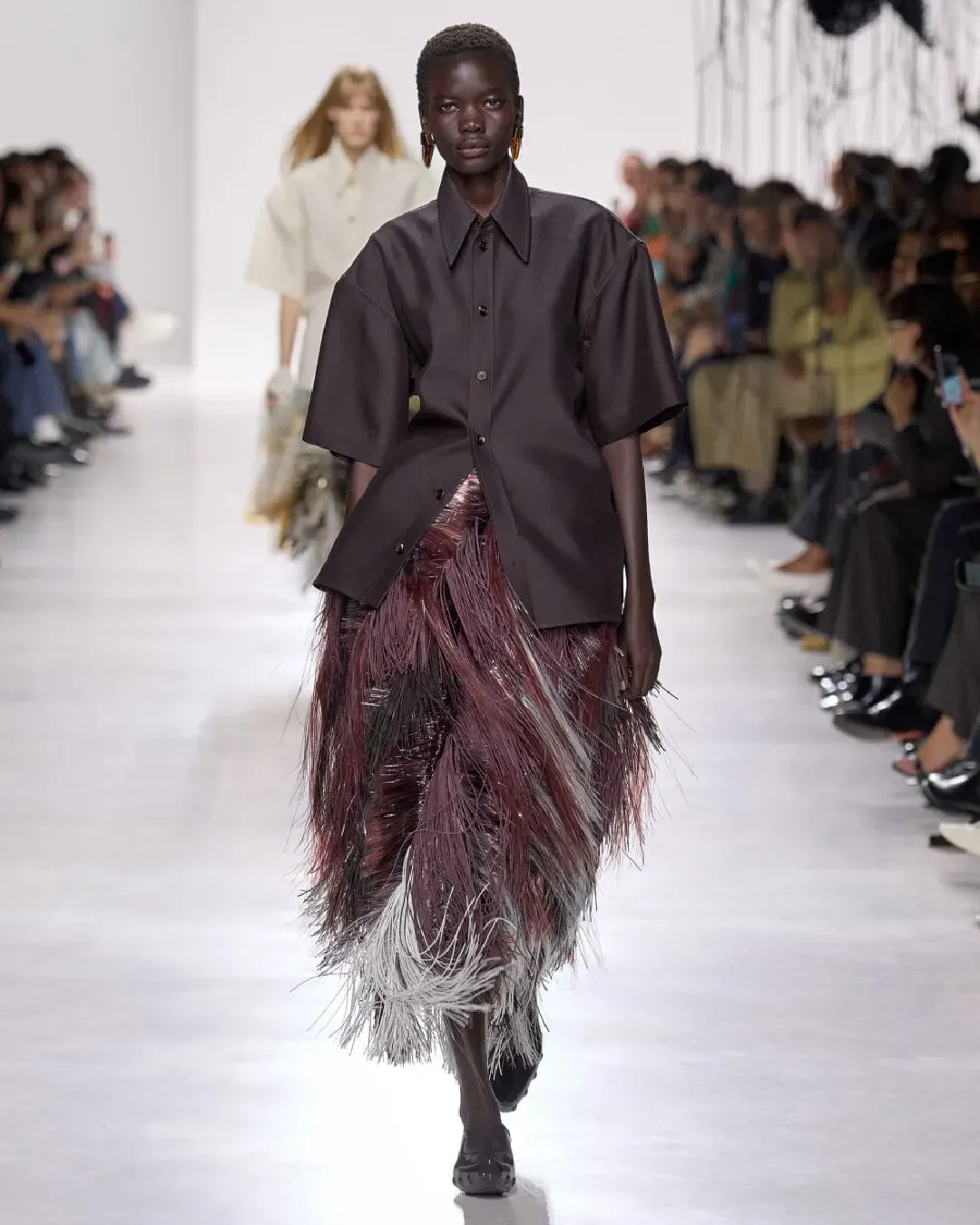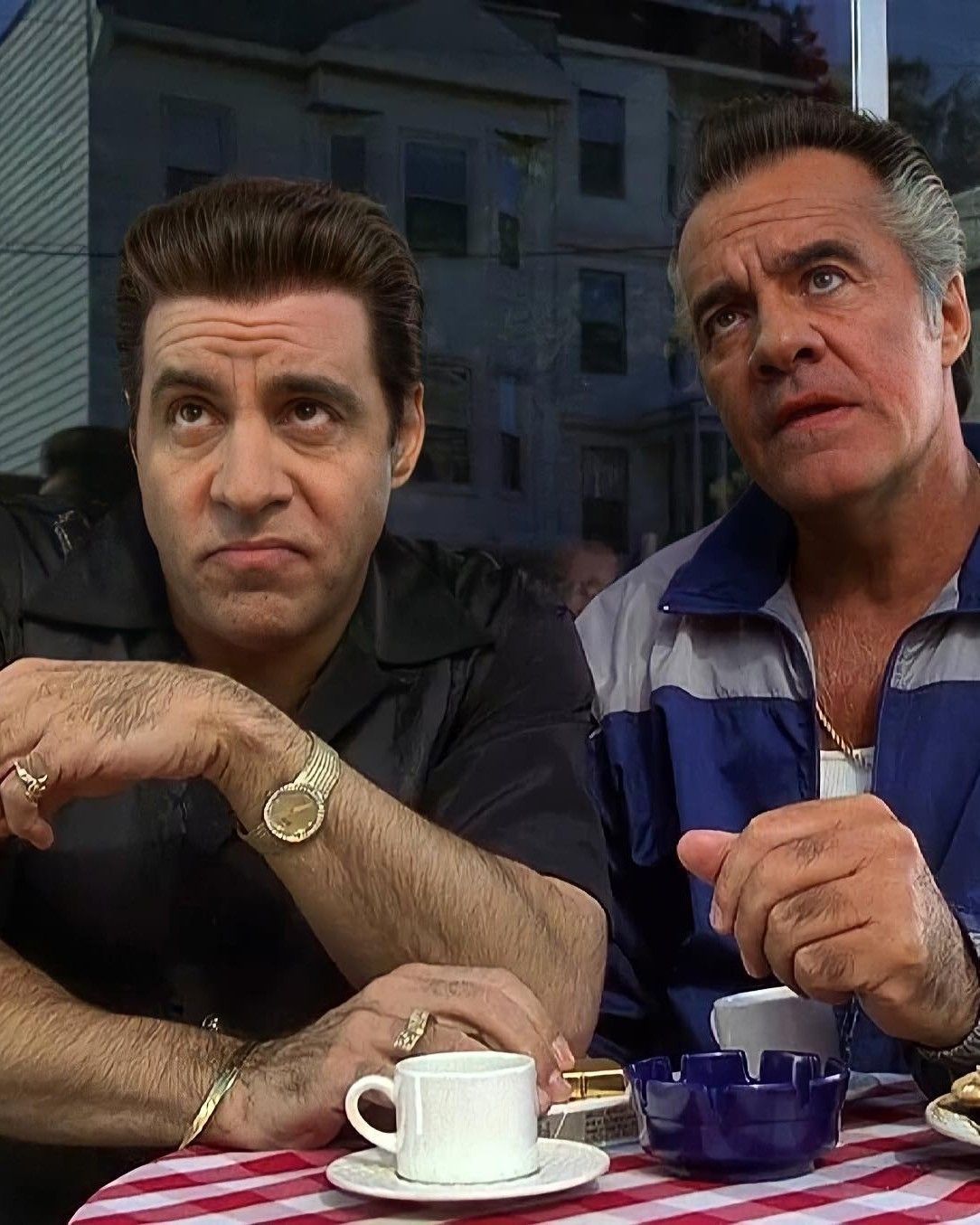
“Coffee in Italy sucks", but why? We asked Valentina Palange, author of the book that reveals all the secrets of Italian espresso
There are three things you can't mess with when it comes to Italians: mom, pizza, and coffee – and the controversy sparked by Tommy Cash's Espresso Macchiato at the Eurovision Song Contest is proof of that. It’s a matter of family and culture, with roots so deep that it has given rise to beliefs and unshakable traditions like the moka ritual and the one-euro coin placed on the bar counter. These are precisely the preconceptions challenged by Italian Coffee Sucks, the book by Valentina Palange published by Giacovelli Editore, presented this month at the Turin Book Fair. Sold out quickly at the fair's booths, the book is provocative and witty, attracting readers of all ages and, as the author herself states, «it’s pop.» As an expert coffee taster (and winner of the 2024 Italian AeroPress Championship), since 2018 she has been educating a community of curious and passionate followers on Instagram about everything related to the beverage: how to recognize a good one, how to store it, why some cost more, and what experts say at international trade shows. She stumbled upon the world of coffee by chance when she discovered that there are different types—more refined, more ethical, and less harmful to health—but in the new book, she doesn’t just tell her story. Italian Coffee Sucks is a tribute to baristas of the Bel Paese, a challenge to major roasting companies, and an invitation to all Italians to discover coffee beyond espresso. «For years, people have told me they don’t drink it at the bar anymore because it’s bitter and burnt; I dug into the matter and lifted the lid.»
In Italian Coffee Sucks, it starts with bar coffee, which has lost value in Italy «because of funding provided by major roasting companies.» Acting as intermediaries between customers and banks, Palange explains, they gift gadgets and espresso machines to small businesses in exchange for purchasing their coffee. «The price goes up based on the financing made: the cost of coffee is no longer its actual value, but everything that was given away.» After this initial overview, Palange questions another cornerstone of Italian culture: the espresso machine. «We think we’re the best in the world because it was invented here, but actually we’ve never evolved. We’re always clashing with tradition,» comparing Italian brewing techniques with international ones. «In the book I say that the Neapolitan ‘cucumella’ is a filter method, the same one many Italians usually call ‘dirty water,’» says Palange. «It’s just a matter of perception.»
While coffee in Italy has stagnated, trapped by tradition and major roasting companies, abroad it thrives. Not surprisingly, the best books about the beverage are all in English. «Abroad, there are engineers who quit their jobs to become baristas,» says Palange. But if coffee in Italy really is terrible, should we stop drinking it at the bar? No, says Palange, you just need to know how to choose the right one. To do so, the author suggests «observing the café and asking the barista questions, having them describe the different blends, and starting to try different ones». To enjoy coffee that is less bitter, more refined, and even healthier (the coffee served at bars is a blend with much more caffeine than others), one must explore the world of Specialty – a category of high-quality coffee, grown in specific geographical areas with particular care at every stage of cultivation and processing. To find out which places use it in your city, a simple Google search is enough, says Palange, who repeatedly emphasizes during the interview how the issue of "good coffee” is also a matter of environmental and ethical sustainability. «My book is also a call to all creators to stop promoting coffee shops where you can drink coffee for just a few euros – it’s not ethical. There are people who produce it: paying more for a cup means paying those people more, including the baristas who are often underpaid.» In short, coffee in Italy isn’t awful – but it could be much better.

